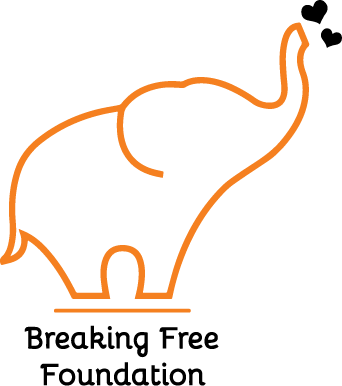Compassion, connection and care during COVID-19
Our world feels uncertain right now, and that can be scary. While we learn to cope with our temporary new normal of social distancing and living in isolation, the need for self-care and compassion has never been more important.
Going through trauma shapes our core beliefs and creates needs for us that go beyond basic necessities. For many of us, we need to feel a sense of control, and we’ve been robbed of that during this time of uncertainty. And as trauma survivors, and humans, we all need connection. Increasingly so when we can’t physically connect with others.
We get it. This is hard.
But, there are many ways in which we can cope and care for ourselves and each other during this time.
Focus on what you can control. While the world around you may not feel in control, you have a lot of control over your own life and your own circumstances. Sticking to a routine and creating a schedule for yourself every day (even weekends) can be very helpful during a time like this. You can also control what you put into your body and what you put into your mind.
Make time to unplug. Too much screen time can add to your level of anxiety right now, especially if you find yourself doing nothing but reading about the pandemic. Make a mindful effort to unplug, every day, and take some time for yourself.
Practice mindfulness and meditation. If meditation is not regularly part of your routine, now is a great time to start. If you’re not sure how to start with mediation, there are lots of guided resources available right now. Mindful.org has free meditation resources online, local yoga studios Yoga Passage and Junction 9 have free online yoga and meditation classes.
Seek support. Connection is key, especially if you are missing out on meetings or group support during this time. You can reach out to the Distress Centre 24 hours a day, and there are free online Facebook support groups like Talkspace (which is therapist-led) or our private group, Breaking Free. We have also moved our twice monthly meet-ups to a LIVE and virtual format so we can stay connected and safe at the same time.
Stay active. Find a way to weave in daily physical activity whether that be going outside for a walk, doing an online fitness class or taking some time for stretching.
Take an online course or catch up on some reading. There are many post-secondary schools or organizations that have waived tuition for certain classes during this time. Notably, Yale’s sought-after ‘Science of Well-Being’ class is being offered for free right now.
If you have other resources, please share them with us. Remember, we are all in this together.
Stay safe and be compassionate.
— Amber Craig, BFF Board Chair
